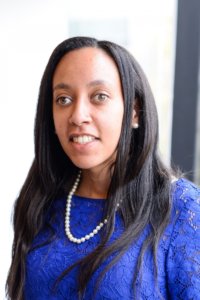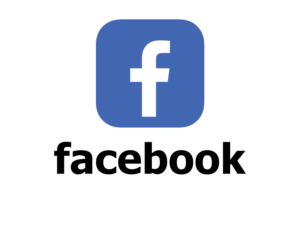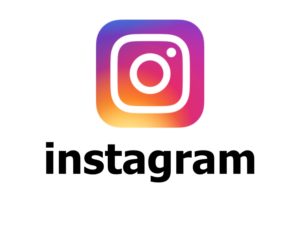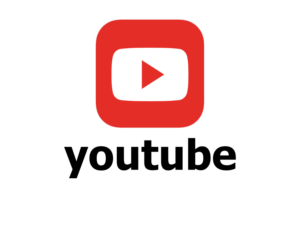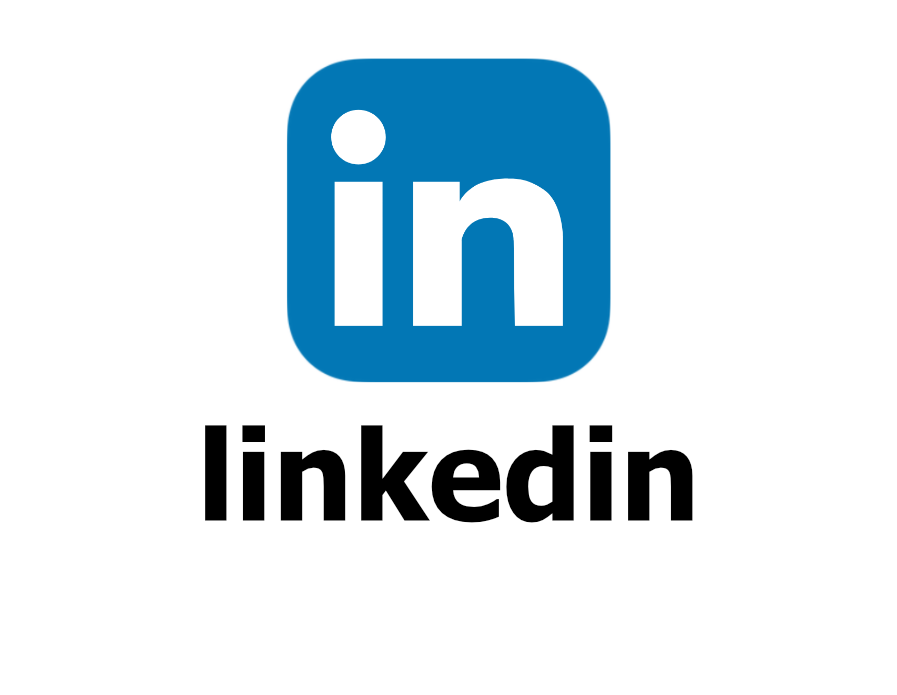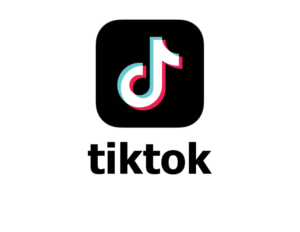“Disability is never the barrier.”
–Haben Girma, Deafblind Lawyer, Harvard Law School graduate
Special Assistant to the Assistant Secretary for Civil Rights
Ollie Cantos and musician Stevie Wonder also are blind.
Blindness is severe vision impairment, not correctable by standard glasses, contact lenses, medicine or surgery. It interferes with a person’s ability to perform everyday activities. A person is legally blind when corrected vision in the best eye is 20/200 or less. Many people with vision loss are not considered blind but instead are considered to have low vision or limited vision. According to the CDC, more than 1 million Americans are blind and more than 12 million are visually impaired.
When meeting someone who is blind, identify yourself and introduce anyone else who is present. If walking from one location to another, offer your arm as a guide and alert the person to any obstacles such as steps, curbs or low arches. If dining, orient the person as to the location of silverware or other items. Let the person know when you are leaving.
Some people who are blind consider themselves visual thinkers and would not want to be called visually impaired or visually challenged.
There are several apps that people who are blind can use to live independently:
- Aira is today’s fastest growing assistive community, revolutionizing the everyday lifestyles of people who are blind or low vision. Advanced wearable technology with wireless access to a distributed network of trained human professionals unlocks the potential for Aira explorers to efficiently accomplish any task, big or small.
- “Be My Eyes” connects people who are blind with a sighted person through a video call to provide immediate assistance with a simple task that can prove difficult without vision.
- BlindSquare is an accessible GPS-app developed for people who are blind and have low vision. It describes the environment, announces points of interest and street intersections as you travel. The most important BlindSquare functions can be accessed through an audio menu via any headset or speaker that supports Apple’s music controller
- Taptilo is a wireless Braille device that syncs to your smartphone to help you learn Braille in a fast, easy and fun way. It is equipped with the latest Braille cell technology, multiple teaching options, interactive audio instructions and various self-study games.
National organizations for people who are blind or have vision loss:
- The American Council of the Blind (ACB) strives to increase the independence, security, equality of opportunity and quality of life for people who are blind and visually impaired. Since its inception, ACB and its affiliates have been at the forefront of the creation of policies that have shaped the opportunities that are now available to people with disabilities in the U.S. ACB also has effectively collaborated with Vision Rehabilitation Service providers to develop the principles and values that should be at the heart of providing adjustment and placement services to people who are blind.
- The American Foundation for the Blind (AFB)’s mission is to create a world of no limits for people who are blind or visually impaired. They mobilize leaders, advance understanding and champion impactful policies and practices using research and data. A national nonprofit with offices in five U.S. cities, AFB champions access and equality and stands at the forefront of new technologies and evidence-based advocacy.
- The Blinded Veterans Association’s mission is to operate as a not-for-profit corporation exclusively for charitable, educational, patriotic and civic improvement purposes; to promote the welfare of blinded veterans so that, notwithstanding their disabilities, they may take their rightful place in the community and work with their fellow citizens toward the creation of a peaceful world; to preserve and strengthen a spirit of fellowship among blinded veterans so that they may give mutual aid and assistance to one another; and to maintain and extend the institutions of American freedom and to encourage loyalty to the Constitution and laws of the United States and of the States in which they reside.
- Bookshare opens up the world of reading for people with low vision, a physical disability or learning disability. Their books are “accessible,” which means you can read their books many different ways. Schools and many organizations around the globe can access the books they need for school, work, career advancement, skill development and the simple love of reading in formats that work for them.
- Since 1942, Guide Dogs for the Blind (GDB) has been creating partnerships between people, dogs and communities. With exceptional client services and a robust network of instructors, puppy raisers, donors and volunteers, GDB prepares highly qualified guide dogs to serve and empower individuals who are blind or have low vision from throughout the United States and Canada.
- Since 1893, Helen Keller Services (HKS) has been enabling individuals who are blind, visually impaired or deafblind, or have combined hearing and vision loss to live, work and thrive in the communities of their choice.
- Learning Ally’s mission is to promote personal achievement when access and reading are barriers to learning by advancing the use of accessible and effective educational solutions. Formerly called Recording for the Blind, Learning Ally not only provides high-quality audio textbooks, but also connects people with a community of their peers.
- For fifty years, the National Association of Blind Students has worked to promote the equality of the blind by serving as a source of information, forum for networking and vehicle for collective action for blind students. They are dedicated to changing what it means to be blind, by both changing perceptions among the general public of the capabilities of the blind and encouraging students who are blind to strive to achieve their maximum potential and realize their dreams.
- The National Council of State Agencies for Blind promotes through advocacy, coordination and education the delivery of specialized services that enable individuals who are blind and visually impaired to achieve personal and vocational independence.
- The National Library Service for the Blind and Print Disabled, under the Library of Congress, is a free braille and talking book library service for people with temporary or permanent low vision, blindness or a physical disability that prevents them from reading or holding the printed page. Through a national network of cooperating libraries, NLS offers books the way you want them: in braille or audio, mailed to your door for free or instantly downloadable.
- The National Federation of the Blind (NFB) believes in the full capacity of people who are blind. Their democratically elected leaders and diverse nationwide membership are made up of people who are blind, their families and their friends. NFB knows that blindness is not the characteristic that defines you or your future. Every day they raise the expectations of people who are blind because low expectations create obstacles.
- National Industries for the Blind has focused on enhancing the opportunities for economic and personal independence of people who are blind, primarily through creating, sustaining and improving employment.
- The National Organization of Parents of Blind Children believes that the exact level of a child’s eyesight should not restrict the choice of tools and techniques, and instead ask, “Which are the skills and tools that will best enable this child to succeed?” They ensure access to the entire range of skills and tools available. These ‘skills and tools of blindness,’ as they are called, are essential for the child’s success both at home and at school.
- The Perkins School for the Blind has a mission to provide children and young adults who are blind with the education, confidence and skills they need to realize their potential.
- The United States Association of Blind Athletes (USABA) provides life-enriching sports opportunities for Americans with visual impairments. A member of the U.S. Olympic Committee, USABA provides athletic opportunities in various sports including, but not limited to track and field, nordic and alpine skiing, biathlon, wrestling, swimming, tandem cycling, powerlifting and goalball (a team sport for the blind and visually impaired). Combating stereotypes is achieved by both educating the public through various media avenues as well as by training athletes to enter schools and community organizations to directly address disability issues.
- The World Blind Union (WBU) represents the 285 million blind and partially sighted people in 190 member countries. They speak to governments and international bodies on issues concerning blindness and low vision in conjunction with their members. WBU brings together all the major national and international organizations of people who are blind and those organizations providing services to people with low vision to work on the issues affecting the quality of life for people who are blind.

